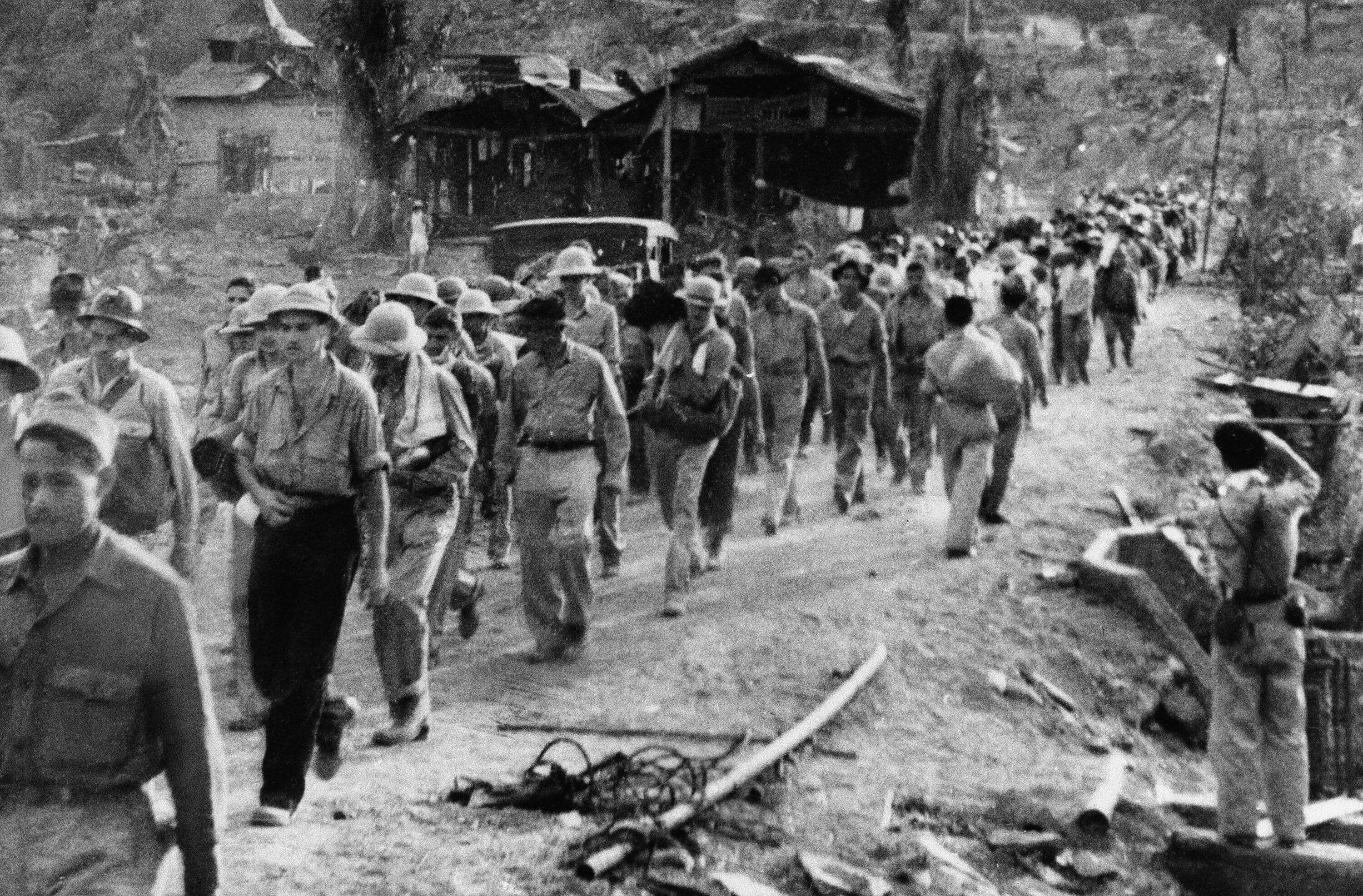Obama and the lesson of Iraq
Andrew Sullivan argues that boosters of the intervention in Libya, such as the New Republic's Jonathan Chait, glossed over Iraq as they stumped for a second war of choice in Libya. I've thought about this a bit and have come to the conclusion that they're not treating Iraq as if it never happened, but in fact simply have a fundamentally different view of what happened in Iraq.
To the war's critics, and to a majority of Americans, the decision to invade and occupy Iraq was a mistake. But most neoconservatives seem to sincerely believe that Iraq was a glorious victory for the United States (I don't think Chait believes that, but Bill Kristol sure does). Sure, mistakes were made - too few troops here, too much de-Baathification there - but the strategic mindset that plunged the U.S. into an eight year occupation of Iraq was, in their view, fundamentally sound. There has been very little discussion about Iraq in conservative circles since President Bush left office, especially first-order questions about whether, in the end, the war was worth fighting. To the extent anyone's paying attention to the continuing carnage and the depredations of Maliki's regime, it's to blame Obama for not meddling enough in the country's political development or to warn about leaving prematurely. (There are exceptions, such as Michael Rubin's tireless warnings about the descent of Iraqi Kurdistan.)
So it's actually no surprise that there's no humility or circumspection regarding Western military action against Libya among Iraq war boosters. And by blithely taking military action against another anti-American despot in the region, President Obama has gone a long way in validating the view that Iraq holds no useful lessons for the use of U.S. power in the Muslim world.











